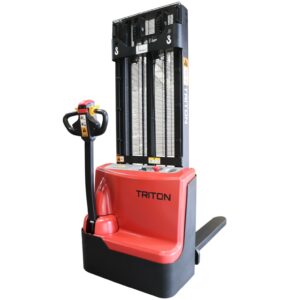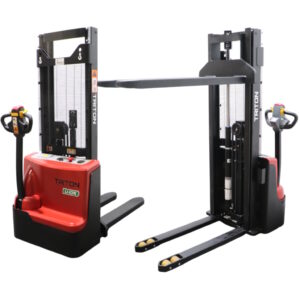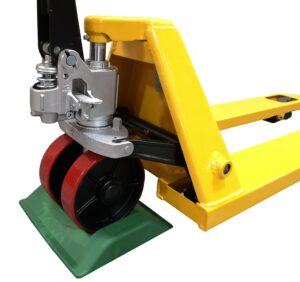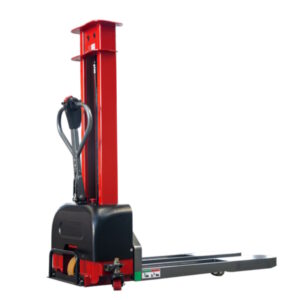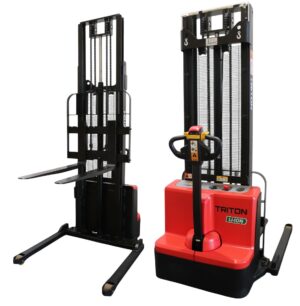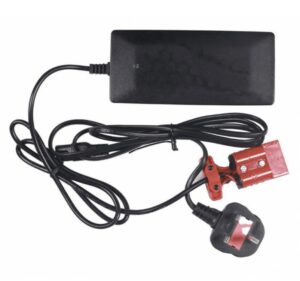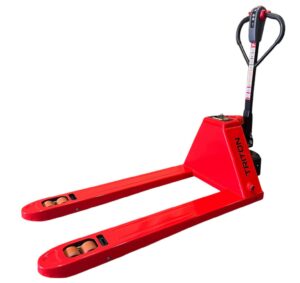As the UK braces for another long winter, warehouse and logistics operators across the country are preparing for the seasonal challenges that colder months inevitably bring.
From condensation and slippery floors to sluggish machinery and increased energy demands, winter can have a real impact on both productivity and safety. Taking the time to prepare now can make all the difference when the cold starts to bite.
The Importance of Regular Maintenance
One of the biggest winter culprits for downtime is cold-related equipment failure. Hydraulic components and batteries can struggle in lower temperatures, especially in unheated environments.
For manual and electric pallet trucks, regular maintenance becomes even more important – checking hydraulic oil levels, ensuring seals remain intact, and keeping batteries properly charged.
Cold weather can also affect tyre grip and roller performance, so maintaining clean, dry floors will help improve traction and reduce wear.
Phil Chesworth, Managing Director at Midland Pallet Trucks, says, “A well-prepared warehouse runs smoother, no matter what the weather throws at it. We always advise customers to inspect their handling equipment before the cold really sets in. Making sure that pallet trucks, stackers and lift tables are in good working order can prevent breakdowns when you need them most, and that means avoiding costly interruptions during peak season.”
The Dangers of Condensation
Another winter issue often overlooked is condensation. When warm indoor air meets cold surfaces, moisture builds up and can quickly lead to slippery floors and rust-prone machinery. Simple measures such as improving airflow, using dehumidifiers and regularly wiping down metal equipment can go a long way towards preventing corrosion and accidents.
It’s also worth revisiting warehouse layouts and workflows before winter fully arrives. Reducing unnecessary movement between temperature zones, such as from loading bays to storage aisles, helps limit cold air flow and keeps staff more comfortable. Anti-slip floor coatings or temporary matting in high-traffic areas can also minimise the risk of slips during busy shifts.
The Human Factor
Finally, consider the human factor. Cold working conditions can increase fatigue, lower concentration and lead to slower reaction times. Providing warm break areas, ensuring staff wear suitable footwear, and rotating outdoor duties can all contribute to safer, more efficient shifts.
“Warehouse teams are the heart of every operation. Investing in their comfort and safety during the winter months is paramount,” Chesworth adds. “A prepared workforce and reliable equipment are the best ways to keep goods moving, whatever the weather.”

